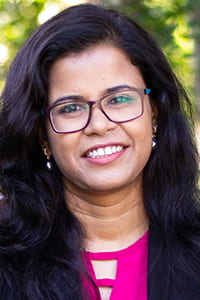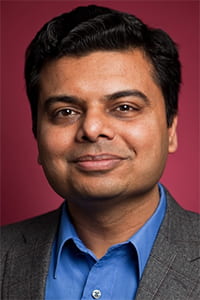
The Center for Responsibility in AI Systems and Experiences (RAISE) advances artificial intelligence that serves the public good, builds trust, and supports open innovation.
Our work centers on three aims that define responsible AI in practice.
Applied AI in Underserved Areas
Epistemological Foundations of AI
Open and Specialized Systems
Responsibility in AI Systems & Experiences
Applied AI in Underserved Areas We study applications of AI in areas underserved by market incentives, especially in the public sector and the physical, life, and social sciences. We aim to improve equitable access and use as the world adapts to the proliferation of AI.
Epistemological Foundations of AI We study how AI systems generate and justify claims across pre-training, mid-training, and post-training stages. Our focus is on the epistemological foundations of trust: how errors arise, when abstention is the right choice, how uncertainty should be communicated, and how explanations can support human oversight. By grounding trust in epistemology, we aim to create systems aligned with human values.
Open and Specialized Systems Large proprietary models limit transparency, adaptability, and governance. We advance smaller, open-weight, and open-source models that can be adapted and fine-tuned in specialized settings. These models reduce dependency on closed APIs, lower costs, and enable communities to govern AI systems according to their needs.
Together, these aims guide RAISE’s mission to study and deploy AI systems and experiences to serve the public good.

Partnerships
UW eScience Institute

UW Data Lab

Information Matters

InfoSeeking

Meet Our Executive Committee

Bill Howe
Co-Founding Director
Bill Howe is an Associate Professor in the iSchool, Adjunct Associate Professor in Computer Science & Engineering, Founding Associate Director of the eScience institute and remains a Senior Data Science Fellow.
Email: billhowe@uw.edu

Tanu Mitra
Co-Founding Director
Tanu Mitra is an Assistant Professor at the Information School, where she leads the Social Computing research group. Her research focuses on studying and building large-scale social computing systems to understand and counter problematic information online.
Email: tmitra@uw.edu

Chirag Shah
Co-Founding Director
Chirag Shah is a Professor in the Information School. He is the Founding Director of InfoSeeking Lab, which focuses on issues related to information seeking, human-computer interaction (HCI), and social media.
Email: chirags@uw.edu
